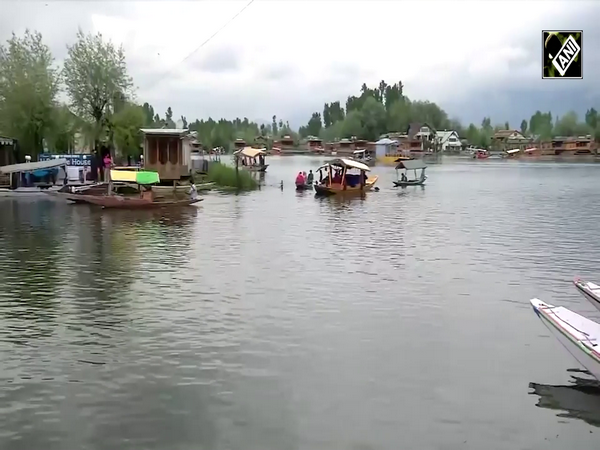Enforced disappearances endemic to Pakistan: Report
Mar 11, 2022

Islamabad [Pakistan], March 11 : Enforced disappearances is endemic to Pakistan as there are reports of a fresh wave of "missing persons" in the country.
In 2011, following orders from the Supreme Court, the Commission of Inquiry on Enforced Disappearances was formally constituted and tasked with a mandate to "trace the whereabouts" of missing persons and "fix responsibility on the individuals or organisations responsible".
Asfand Yar Warraich, writing in Dawn said that since its inception, it has received over 8,279 complaints, out of which at least 6,047 have been 'disposed of' -- a phrase that makes it sound as though some sort of justice has been dispensed in final form.
But in fact, signifies only that the person who forms the subject of the complaint is either -- confirmed dead, returned home, located at an internment centre, or in jail.
It also includes any complaints 'deleted' due to technical faults, like an incorrect name or address, and cases that have been ruled not to be instances of enforced disappearance.
The missing person may be dead, their mutilated body dumped into a ditch. They may be interned, locked in some detention centre of dubious legality. They may be subjected to torture or maltreatment at the hands of ruthless interrogators.
Over the past decade, it has tracked hundreds of missing persons to various detention facilities, at times years after they were reported missing.
Tracing people down is only part of the puzzle. Sadly, to date, not a single perpetrator has been publicly identified and prosecuted.
In light of this pitiful performance, the International Commission of Jurists has fittingly noted that in its current form, the body has "enabled and entrenched impunity" instead of "providing redress to victims". UN experts have also voiced similar concerns.
Not surprisingly, as the inquiry commission cheerfully keeps on ticking people off of its list, more keep surfacing. The latest is Hafeez Baloch, a student of Quaid-e-Azam University in Islamabad, who was abducted by unidentifiable actors in his hometown of Khuzdar a few weeks prior.
His disappearance follows on the heels of two others -- Faseeh and Sohail, both students of Balochistan University who vanished at the end of last year.
Moreover, the law cannot protect them, because the state (the very body responsible for ensuring that protection) has deliberately placed the person beyond its reach. Plausible deniability ensures that any fingers that are pointed at public functionaries rest, at best, on circumstantial evidence, and at worst, on mere conjecture. And so, they suffer on, as do their families, trapped in a perpetual limbo of hope and dread, said Warraich.


















